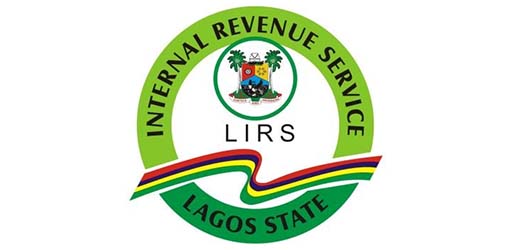By Oluwaseyi Lawal
The Nigerian Online Food Delivery market has been projected to grow at an annual rate of 15.03% from 2024 to 2029, resulting in a market volume of US$5.70bn by 2029.
By 2024, this market is expected to achieve a revenue of US$2.83bn. This is in line with the report according to standard research platform, Statista.
The online food delivery market in scope here include meals and groceries ordered online and are directly delivered by the restaurant, retailer, or platform no matter if ordered via a platform (e.g. Chowdeck, Glovo) or a restaurant/retailer website (e.g. Domino’s, The Place) and online meal and grocery order and delivery both carried out by a platform (e.g. Mano, Price pally).
In the Grocery Delivery market, a revenue growth of 28.7% is anticipated in 2025. In 2024, the Grocery delivery market is projected to have a market volume of US$2.01bn. In global comparison, China is expected to generate the highest revenue in the Online Food Delivery market, reaching US$448.90bn in 2024. The Average Revenue Per User (ARPU) in the Grocery Delivery market is projected to be US$60.54 in 2024.
In the Meal Delivery market, the number of users is expected to reach 61.3m users by 2029. By 2024, the user penetration rate in the meal delivery market is estimated to be 14.5%.
The online food delivery market in Nigeria has witnessed significant growth due to the increasing demand for convenience and variety in food choices. The food delivery services industry is changing at a never-before-seen rate due to urbanization, shifting consumer habits, and technological convergence. Prominent entities like Jumia food, Chowdeck and Glovo have made a significant impact by meeting the growing need for quick meal delivery services.
Due to the fast-paced urban lifestyle in places like Lagos, Abuja, and Port Hacourt, there is an increasing need for quick and easy meal options, which is why families and working professionals find online food delivery to be a desirable choice. The ordering process for meals has been made more efficient by advances in mobile apps and payment methods, which have improved user satisfaction.
Although challenges such as poor road infrastructure and traffic congestion in major cities that challenges timely food delivery, trust and security concerns regarding food safety and payment security and competition and market saturation leading to price wars and thin profit margins has played a big role in trying to cripple the market.
Companies that can invest in strong infrastructure and adjust to changing customer wants will become leaders in this fast-paced sector as the market grows. The goal of internet food delivery in Nigeria in the future is to redefine the way Nigerians experience and enjoy their meals, not just to make things more convenient.






Comment
No comments found.